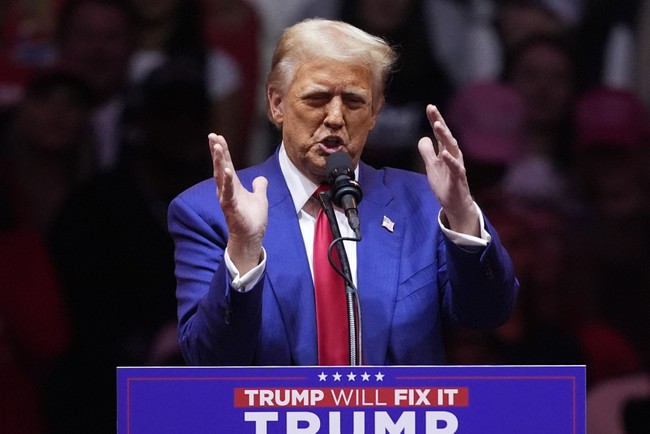Indian Markets React: Tax Hikes & Volatility Impact
Indian markets face significant changes as the government raises taxes on equity investments and derivatives, leading to stock market declines and investor concerns.
Published July 26, 2024 - 00:07am

Image recovered from businesstimes.com.sg
In a decisive move, the Indian government has implemented tax hikes on equity investments and derivatives trading, aiming to curb speculative activities and promote long-term investment. This policy shift sent ripples through the financial markets, culminating in nearly US$1 billion in foreign equity sales in just two days following the budget announcement.
Foreign investors, who had been net buyers of Indian equities in the lead-up to the budget, reacted strongly to the new tax policy. They offloaded shares worth 81.06 billion rupees (approximately S$1.3 billion) on Tuesday and Wednesday alone. These investors had previously invested a net amount of US$2.20 billion in anticipation of the budget but were quick to divest following the tax changes. Despite this short-term sell-off, India's benchmark indexes, the Nifty 50 and Sensex, only saw a modest decline of about 1% post-budget, underscoring the resilience of the market amid policy shifts.
Finance Minister Nirmala Sitharaman outlined the new tax structure, which increased the tax rate for equity investments held for less than a year to 20% from 15%. The tax rate for shares held for over 12 months was adjusted to 12.5% from 10%. Additionally, the securities transaction tax on futures trading was doubled to 0.02%, and the tax on options trading was hiked to 0.1% from 0.0625%.
Trideep Bhattacharya, chief investment officer at Edelweiss Mutual Fund, characterized these tax changes as a short-term negative for the markets but noted that they could bring more rationality to trading behaviors. Bhattacharya suggested that such measures might ultimately encourage long-term investment over short-term speculation.
A significant factor driving the sell-off was the new long-term capital gains (LTCG) tax, which created unease among investors. Ashish Gupta of Axis Mutual Fund pointed out that the uncertainty surrounding potential future increases in the LTCG tax added pressure to the market. However, Gupta emphasized that the long-term growth story for India remains robust, with companies continuing to expand despite the tax changes.
Market volatility intensified as the monthly expiry of derivatives contracts coincided with the tax hikes, exacerbating the decline in stock prices. India's benchmark indexes saw a drop, with the Nifty 50 and Sensex experiencing significant daily fluctuations. Financial services, banking sectors, and private banks, where foreign portfolio investors have substantial holdings, saw sectoral declines of approximately 3% each.
The broader economic landscape added to the market's woes, as disappointing earnings reports from major players like Axis Bank further dampened investor sentiment. Axis Bank's quarterly profit fell short of expectations, leading to a 6% drop in its stock price and contributing to a broader decline in the banking sector.
Indian markets have experienced a substantial surge since the COVID-19 lows in March 2020, driven by a flood of retail investors entering the derivatives market. These retail investors now represent a significant portion of the derivatives trading volume, rising from a mere 2% in 2018 to 41% by 2023. The dramatic increase in market participation has heightened regulatory scrutiny, with concerns about speculative trading voiced by both government officials and the market regulator.
Sunil Gidwani, a partner at tax firm Nangia Andersen, remarked that the government's tax increases align with their concerns about speculative trading and the need for a more stable market environment. Efforts to shift trading activities from the derivatives segment to the cash segment and discourage short-term speculation are central to these policy changes.
Despite the immediate negative market reaction, domestic institutional investors remained net buyers, injecting a net US$0.55 billion into the market post-budget. This activity underscores a degree of confidence in the long-term prospects of the Indian economy and its financial markets, despite the current upheaval.


/https://assets.iprofesional.com/assets/jpg/2024/10/586422_landscape.jpg)




